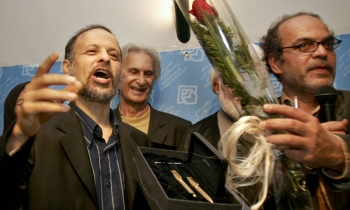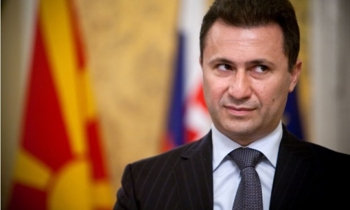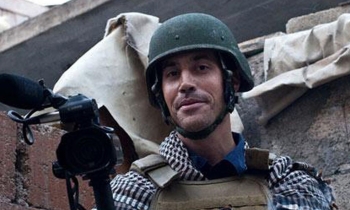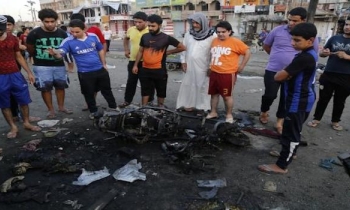DUBAI – "Media establishments should forge a common platform in order to be able to eliminate the influence’ and blackmail’ tactics adopted by advertising, marketing and public relations agencies.
"This call was made during the Ramadan Majlis held by the Dubai Press Club on Thursday night, titled Media Issues’. Abdullatif Al Sayegh, CEO of the Arab Media Group; Ali Al Hadithy, Managing Director of MBC; and Abdullatif Al Gargawi, Director of Sama Dubai; were the speakers at the event, attended by journalists of different media companies.
Al Sayegh assured your favourite No. 1 newspaper Khaleej Times that he would personally carry this flag and strongly fight the negative impact of these agencies on the media. "I will call for a meeting with editors of different newspapers to take a unified stance on these agencies in order to make them understand that the media has a mission to provide valuable news, and to completely separate advertising, marketing and news."
"These agencies are apparently pressurising the media and interfering in its working to have their Press releases published, which in most cases promote services of the items of their clients and are not of real value to the reader. They blackmail the media establishments to serve their own welfare on the account of the newspaper and its readers.
"They even go beyond that and threaten to cancel advertisement contracts they had agreed with newspapers if the latter criticise a negative aspect of the involved party or fail to publish their Press releases, or in some cases, even if they are edited," he noted. "This is not acceptable. We need to develop a free media environment, devoid of any blackmailing. Negative aspects of any organisation or situation should be projected for the welfare of society, without giving any consideration to advertising deals," he stressed.
"Readers should be respected for the well-being of society," he said, adding: "All newspapers should have a common stance and work as one unit and one power to create a better understanding of their profession among the agencies.
"Unfortunately, media establishments are not free from blame as they allow such blackmailing to succeed from the very beginning. Now, we need to change this situation, so that even if newspapers lose advertisement deals in the beginning, they will gain good goodwill and respect in the end," he noted.
Al Gargawi said that a similar influence of advertising agencies is being practised on TV stations too. But there, it is not such a bad influence as it is on the newspapers.
"The advertiser, in many cases, buys the programme or a serial for his advertisement. TV stations are competing for the production of the best programmes and serials so as to attract advertisers. In the end, the viewer is the judge and it’s the survival of the best. The viewer can distinguish between the good, the bad and the cheap," remarked Al Hadithy, adding that there are companies specialised in preparing research reports for TV stations measuring viewers’ satisfaction on broadcast programmes and serials.
However, they do that on a limited numbers of viewers.
Based on these reports, the TV stations revise their policies to produce programmes similar to those that attract the highest numbers of viewers. "We are working to have meters on our station to ensure a hundred per cent accurate and extensive report on the numbers of our viewers," he said.
Al Gargawi also noted that the local English Press is much stronger than the Arabic Press, because the former gives more respect to its readers, is more factual, keen to project the actual situation, and more daring to criticise wherever necessary.
"We read articles in the English media that deal with controversial issues which are never touched by the Arabic Press,"observed Al Sayegh.









